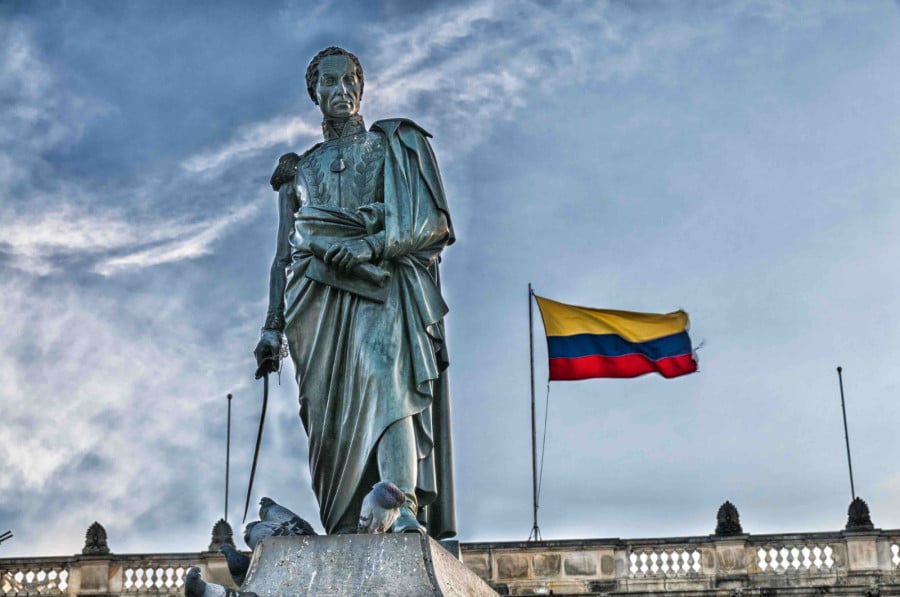Meza V. Ecuador: The Challenges Of Bringing Human Rights Claims In Sporting Disputes

On September 9, 2021, the Inter-American Commission on Human Rights1 (Commission or IACHR) filed the case of Juan Jose Meza vs. Ecuador2 before the Inter-American Court of Human Rights3 (the Court). The case refers to violations arising from the failure of an Ecuadorian football team, Club Sport Emelec, to fully and timely comply with a judicial decision ordering the payment of salaries and compensation to Argentine soccer player Juan José Meza. This is the first case in which the Court will have the opportunity to deal with matters directly arising from a sporting dispute.
To continue reading or watching login or register here
Already a member? Sign in
Get access to all of the expert analysis and commentary at LawInSport including articles, webinars, conference videos and podcast transcripts. Find out more here.
- Tags: Dispute Resolution | Ecuador | Employment | Football | Human Rights
Related Articles
- Will The “Fit And Proper Custodians” Test Improve English Football?
- Premier League V Manchester City case – What do ‘good faith’ obligations really mean?
- UEFA Home-Grown Player Rule EU Law Challenge – Royal Antwerp FC V Royal Belgian FA
Written by
Ariel E Dulitzky
Ariel Dulitzky is Clinical Professor of Law, the Director of the Human Rights Clinic and the Director of the Latin America Initiative. He is also an affiliated faculty of the Lozano Long Institute of Latin American Studies and of the Rapoport Center for Human Rights and Justice. He is a leading expert in the inter-American human rights system. In 2010 he was appointed to the United Nations Working Group on Enforced or Involuntary Disappearances and elected as its Chair-Rapporteur in 2013 (2013-2015). Prior to joining the University of Texas, he was Assistant Executive Secretary of the Inter-American Commission on Human Rights (IACHR). Professor Dulitzky is an honors graduate of the University of Buenos Aires, School of Law, where he was editor of the Law Review. He received his LLM from Harvard Law School in 1999, where he was an editor of the Harvard Human Rights Journal. He served as a law clerk for a Federal Circuit Court in Argentina.




